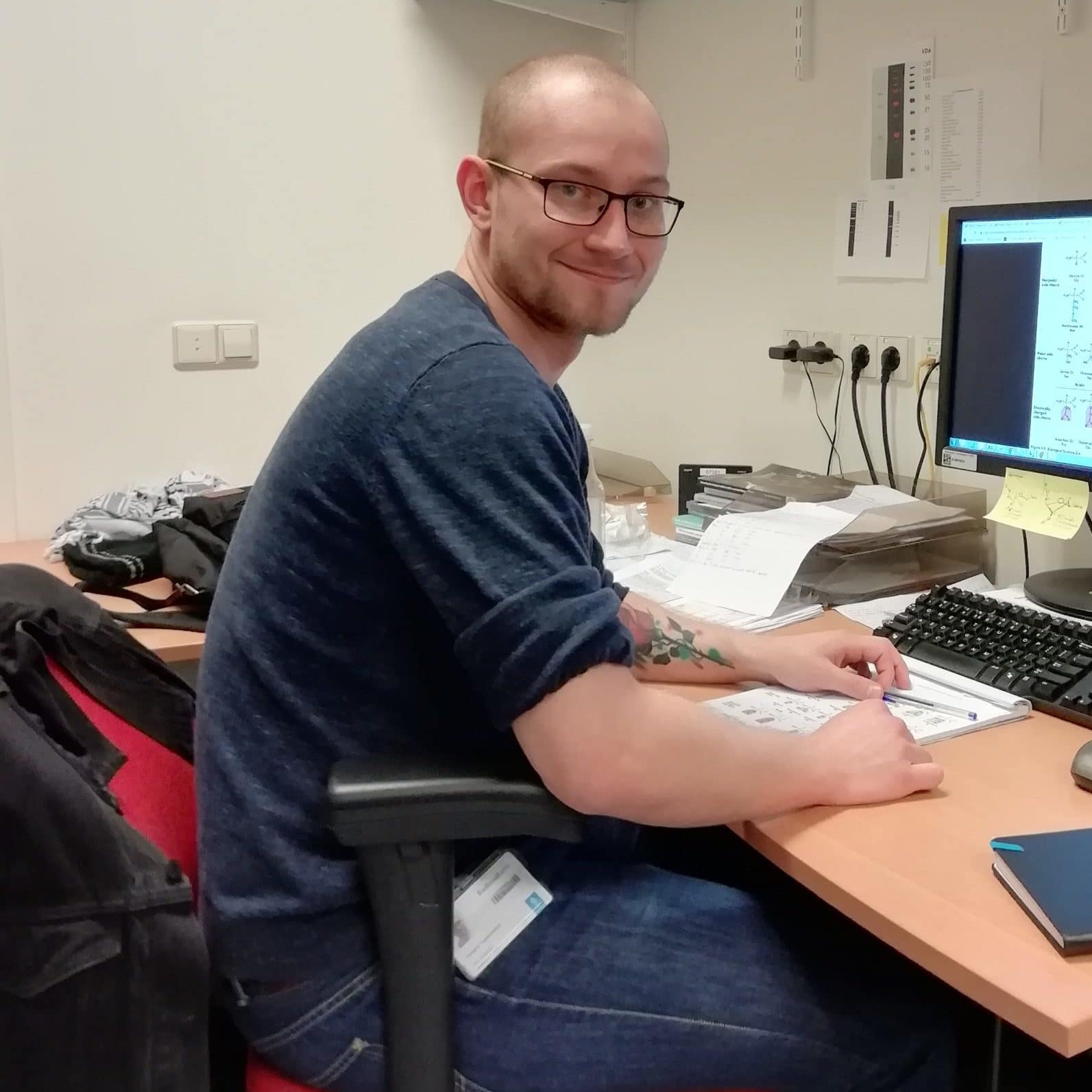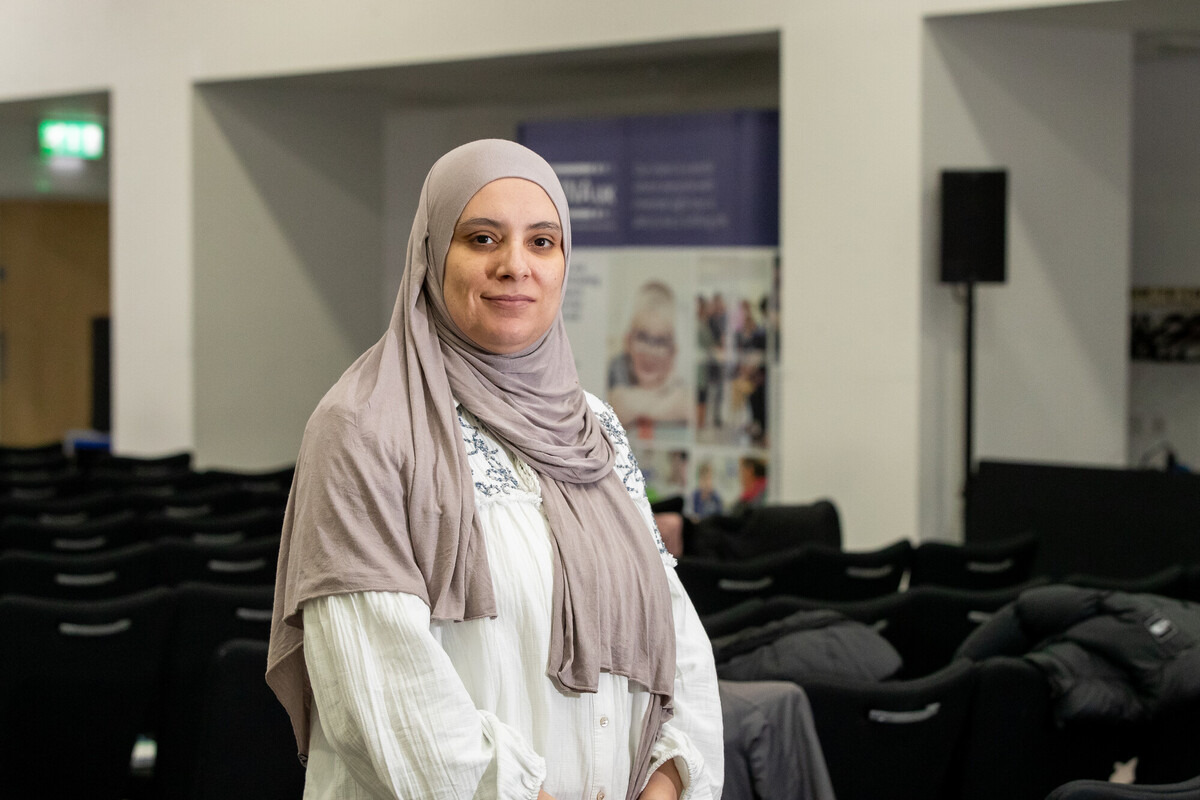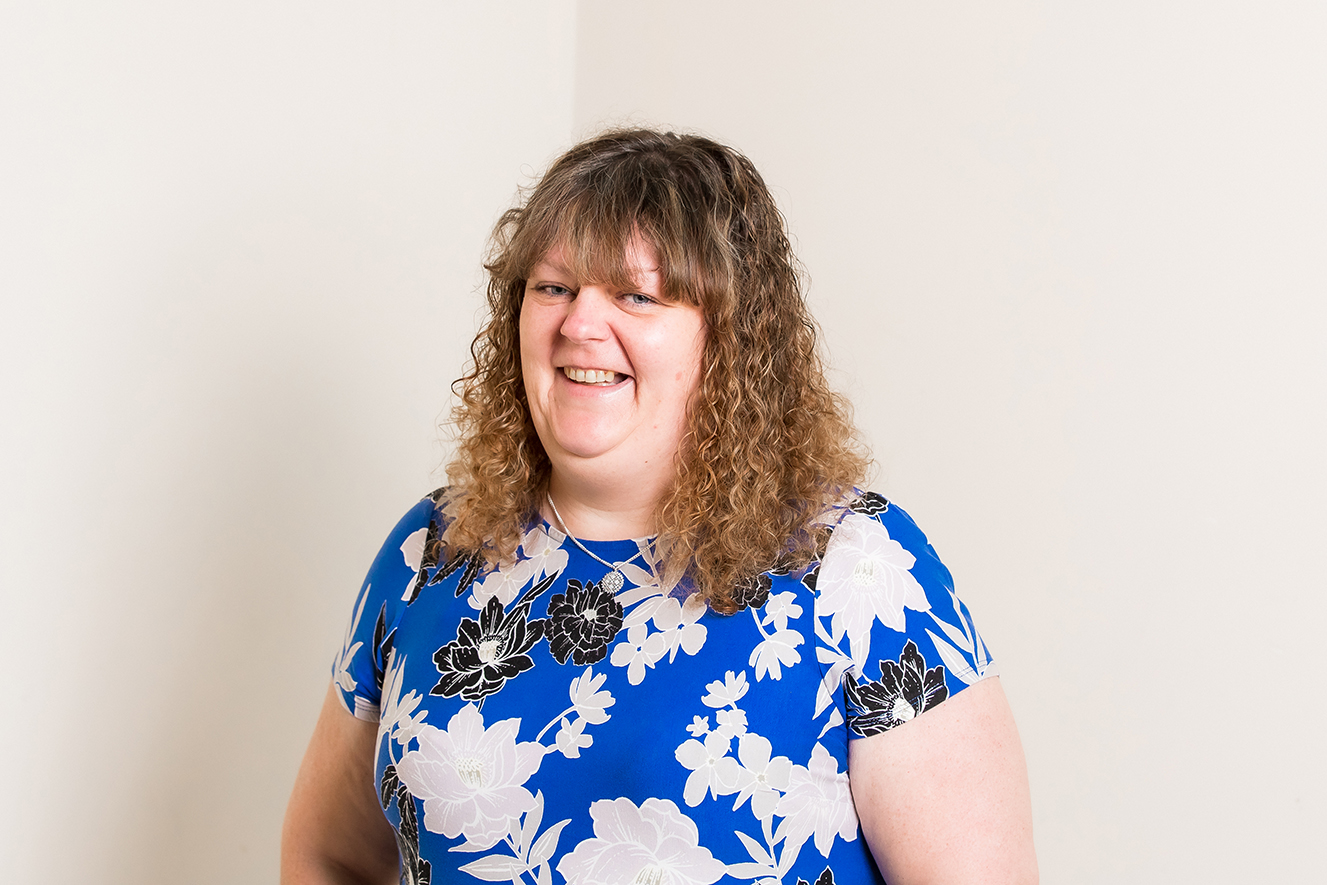
Meet a Researcher: Tomasz Tomkiewicz
Tomasz Tomkiewicz is undertaking a PhD studentship funded by Retina UK and The Macular Society.
Search results

Tomasz Tomkiewicz is undertaking a PhD studentship funded by Retina UK and The Macular Society.

“Being part of something and feeling that you are not alone,” are just two of the positive benefits Cindy Peacock says she experiences as a volunteer with Retina UK.

It’s not very often that we come across a researcher working on a project inspired by their own lived experience of a sight loss condition.

Rachael first noticed she had sight problems at the age of 15. She went to her local eye clinic, who said she had an astigmatism.

Martin started volunteering for Retina UK in 2014 after retiring as a Chartered Civil Engineer.
Our community support us in many different ways, from completing surveys, volunteering, raising awareness and fundraising.
We are supported by some truly inspirational fundraisers. Whether they are running a Marathon, holding a bake sale or doing something else, we are very grateful for your support.